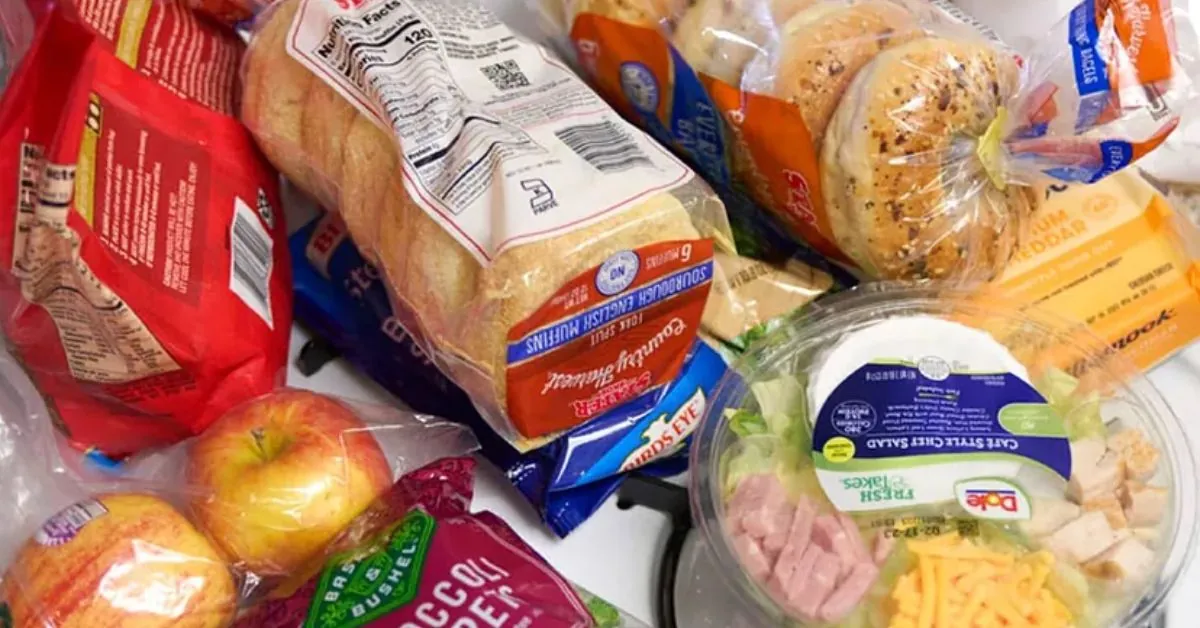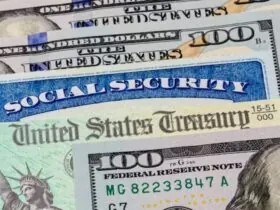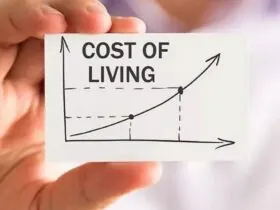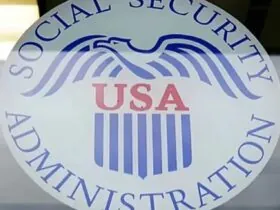Food insecurity affects many individuals across the United States, including veterans. According to the Food Research & Action Center, approximately 7.5% of all veterans experience food insecurity, meaning they struggle to access enough nutritious food due to financial constraints. Fortunately, the Supplemental Nutrition Assistance Program (SNAP), previously known as the Food Stamps Program, offers vital assistance to low-income families, providing funds for food purchases. This article explores how VA disability benefits impact SNAP eligibility and what veterans should know about applying for these benefits.
What is SNAP?
This Article Includes [hide]
SNAP is a federal program designed to help low-income individuals and families purchase nutritious food. It is managed at the state level, with each state setting its own specific requirements and eligibility criteria. The amount of benefits a person or family receives is determined based on income, household size, and other factors. SNAP benefits are issued monthly through an Electronic Benefit Transfer (EBT) card, which can be used to buy food at participating stores.
The Importance of SNAP for Veterans
Many veterans face financial hardships, particularly those who are disabled or retired, and struggle to afford healthy food. SNAP helps ensure that these individuals can access the nutrition they need, even when they are facing economic challenges. The program is particularly important for veterans who may be living with disabilities that make it difficult to work full-time or support themselves financially.
In fact, veterans who qualify for SNAP benefits can use the funds to purchase a variety of foods, ensuring they maintain a healthy diet. According to the team of veterans advocates at Chisholm Chisholm & Kilpatrick, “SNAP benefits help ensure that people have access to a nutritious diet despite financial constraints.”
How VA Disability Benefits Affect SNAP Eligibility
VA disability benefits are provided to veterans who have been injured or disabled while serving in the military. These benefits can provide much-needed financial support, but they also affect eligibility for government assistance programs like SNAP.
In most states, VA disability benefits are considered unearned income when determining eligibility for SNAP benefits. Unearned income includes sources like pensions, Social Security, and disability benefits. This means that VA disability benefits are counted as part of a veteran’s income when assessing their eligibility for SNAP.
However, it is important to note that SNAP is a needs-based program, and each state has its own set of income limits and eligibility requirements. VA disability benefits are typically included in the calculation of income, but other factors—such as household size, other sources of income, and expenses—are also taken into consideration.
Impact of VA Disability Benefits on SNAP Calculations
The presence of VA disability benefits can affect the amount of SNAP benefits a veteran receives. Since the program is need-based, the more income a household has, the less assistance they may be eligible for. However, many veterans still qualify for some level of SNAP assistance, even with VA disability benefits, depending on their total income and other financial circumstances.
Each year, SNAP benefits are adjusted for inflation, similar to VA disability benefits, through a cost-of-living adjustment (COLA). For instance, in 2024, the COLA for SNAP benefits increased by 3.2%, meaning veterans and other eligible recipients will see a modest rise in the amount of assistance they receive.
https://twitter.com/ve_davis86139/status/1845166905163690251?ref_src=twsrc%5Etfw%7Ctwcamp%5Etweetembed%7Ctwterm%5E1845166905163690251%7Ctwgr%5E93d1b7d30cdab423c5bff4f286fbecd07965a6f4%7Ctwcon%5Es1_
Applying for SNAP with VA Disability Benefits
Veterans who receive VA disability benefits and are interested in applying for SNAP should start by reviewing the eligibility criteria in their state. Since each state manages its own SNAP program, it’s important to understand the specific rules and income limits in the area where the veteran resides.
It is also crucial to keep in mind that SNAP eligibility requires more than just meeting income limits. Applicants must also be U.S. citizens, and some states may impose work requirements or other conditions. Households with elderly or disabled members, such as veterans receiving VA disability benefits, may also have different eligibility rules.
Veterans can use the SNAP State Directory of Resources to find more information about eligibility and apply for benefits.
Conclusion
For veterans struggling with food insecurity, SNAP can be an essential resource. While VA disability benefits are considered when calculating SNAP eligibility, many veterans still qualify for assistance, which can help ensure they have access to nutritious food. Understanding the intersection of VA disability benefits and SNAP eligibility can help veterans make informed decisions about applying for assistance.







Leave a Reply